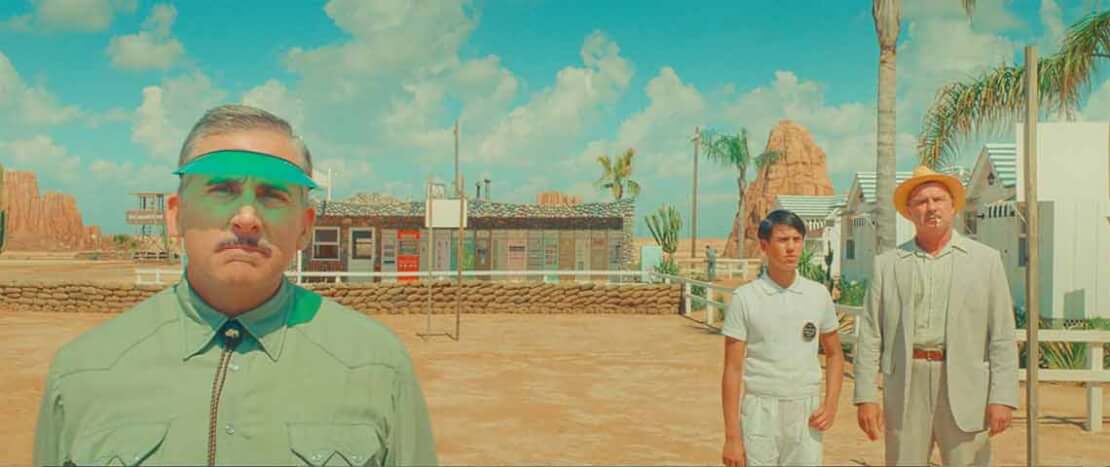Greyhound
Sent out to protect a convoy of ships across the Atlantic ocean, first-time commander of the Greyhound Ernest Krause (Tom Hanks) can only do so much. When the aerial support that has been protecting them runs out of fuel, his convoy of supply ships must now make the crossing alone. However, with hordes of German submarines waiting for them in the mid-Atlantic, how can the Greyhound keep them all safe?
Based upon C.S.Forrester’s novel The Good Shepherd and adapted by Tom Hanks himself, The Greyhound wants to be a tense wartime thriller and it partially succeeds. However, when stacked against such maritime classics such as Noel Coward’s In Which We Serve, or Ralph Thomas’s Above Us The Waves, as a wartime classic, it slowly starts list to one side.
Solid, stoic and sincerely well-intentioned, this is, if anything, In Which We Serve without the sobering bite of reality.
You see, for whilst it features the exceptional acting talents of Stephen Graham as the ship’s first officer, the film’s ability to mesmerise is placed upon Tom Hanks’s shoulders – and sadly that’s not enough. Further beset by a bordering-on monotone colour palette, and computer graphic-like exteriors, the whole affair starts to feel choked of the very realism that it so desperately wants to achieve.
Further eschewing any chance of examining the loneliness of a first command or a crew unsure of your abilities, the Greyhound hides itself in close-quartered jargon to create a sense of realism. Save the rare instances where Hanks’s Krause quotes biblical verse during its tensest moments, The Greyhound becomes a movie so emotionally shut off that it actually feels scared to go near any of its own characters.
As a result, we have Captain Tom Hanks alone, on the bridge and starved of the nail-biting tension that his previous Captain Philips enjoyed. Without a visible nemesis, save the taunting, disembodied voice of the chasing U-Boat captain, there’s very little for him to feed off. Whereas both In Which We Serve and Captain Philips took its time to create context and the backstories of the crew involved, with only 90 minutes to play with, Greyhound ends up being a eulogy set to heroic autopilot.
With only a score that is reliant upon whale song and occasional periscopes that cut through the waves like shark fins, Tom Hank’s latest becomes a strangely frenetic yet anonymous affair. With its emotions permanently kept in check and with any port-hole into the thoughts of its battened-down crew, the Greyhound‘s singular viewpoint story quickly runs out of steam.
Solid, stoic and sincerely well-intentioned, this is, if anything, In Which We Serve without the sobering bite of reality.
Hard astern, me hearties. Hard astern.













